What do you do when no one else in the company or the meeting looks like you? We asked entrepreneurs and creatives from across industries and geographies to share their experiences and advice.
Joshua Pfister

Simple, because my failures are unique to me and have given me the knowledge needed to be more effective in decision making, at least in my story. I take paths less traveled and choose for myself when to take that next step. I am the only one in this room that looks like me because no one has forced me into failure or has given me success. I can gain all the knowledge, tips, tricks and advice in the world. But until they’ve been implemented into a plan and I make things happen, I simply just have cloud files. Read more>>
Cathrine Ji
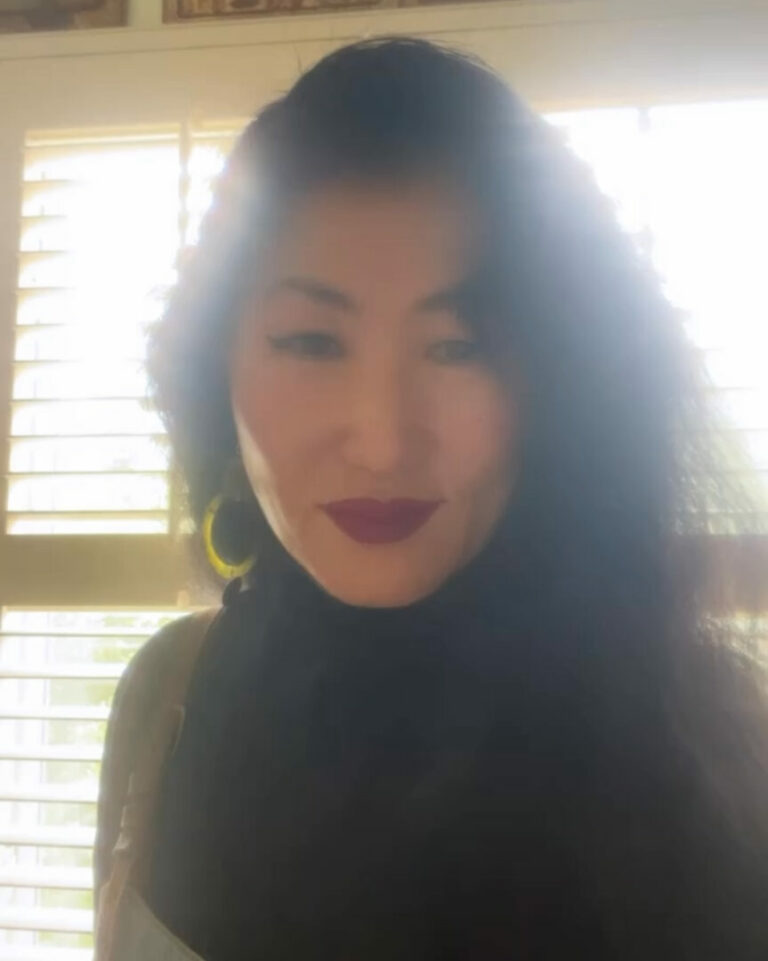
I think it’s what makes me who I am: being the only one who looks like me. If I didn’t have to overcome dyslexia, accept the beauty of my neurodivergent mind, and learn to be proud of my gender and race, I wouldn’t be myself but someone who is trying to be like someone else and failing. If I am effective and successful, it is because I have accepted myself fully as my unique self. There’s no other path for an artist other than to accept the blessing and curse of your uniqueness as your strength and your guide. Read more>>
Nii “prince” Engmann
I learned to lean into my identity quite strongly. While I was coming up in my industry, there weren’t many black men if any at all doing what I was pursuing in my city. Because of that, I stood out. Sometimes me standing out granted me opportunities like my first role in Disney’s Descendants 2. And other times I was rejected from opportunities because I stood out too much. It all taught me that what is for me will come to me as long as I stay prepared by understanding my strengths and weaknesses and refining what makes me, me. Read more>>
Tommie Denson

Growing up as one of the only Black children in Corona, CA in the early ’80s taught me early on how to navigate spaces where I was often the only person who looked like me. At that time, Corona was a predominantly working-class area, and my experiences as the only Black student in class shaped my understanding of how to be effective and successful. Read more>>
Zukye Ardella

I have learned over time that confidence is key. And my confidence comes from many hours of practice and preparation. As someone who is a minority in my field I knew very early that I had to “know my stuff”. I have had egotistical artists, engineers, A&R’s, and producer’s try to test my intelligence on many occasions. My confident and knowledgable responses show them that my sessions aren’t the place for that type of energy. I am also very cool and chill with my responses and by the end of the session they usually end up wanting to be my friend haha. Read more>>
Naivi Oliva

Coming from an insurance sales background, conducting business and sales was taught in a systematic way. Connecting the spiritual to the work was not a skill that was supported. I was always connecting with clients by molding my spirituality to meet them at their emotional level to find out the purpose they envisioned so I can match them with the product right for them. I was often pointed at and criticized by other team members that couldn’t understand that aspect of business and were astonished at how I was able to surpass all the sales benchmarks. Working in competitive office settings was difficult for me as it comes with many toxic energies but that was my driving force to continue connecting to my spiritual intuition and allowing it to flow my life towards my true purpose. Read more>>
Danika Tynes

Thriving as the ‘Only One’
If there’s one lesson I’ve learned from being the “only one in the room,” it’s this: your power comes from owning your difference. When you step into a space where no one looks like you, sounds like you, or shares your background, your uniqueness becomes your greatest asset. Rather than focusing on whether I fit in, I’ve learned to concentrate on the value I bring and what I can gain from the experience. Conforming isn’t the goal. It’s about embracing individuality. Our perspective, shaped by unique experiences, sets us apart and gives us true power. Read more>>
Ismail Rakhmanov

Being the only one in the room who looks like me often means more than just standing out physically—it’s about carrying a unique perspective shaped by my background and my identity as an artist. My experience during Russia’s invasion of Ukraine deeply intertwined with my role as an artist, where I used my creative expression as a form of resistance. Read more>>
Josie

As the Latina-Asian lead singer of And The Animal, Josie shares her perspective: Being the only one in the room who looks like me is both a responsibility and a source of strength. I know that I’m not just there for myself—I’m there representing everyone who sees themselves in me. It’s important to show that our voices, our stories, and our perspectives have a place at the table. At the same time, I remind myself that I’m in the room because I have earned it through hard work, talent, and perseverance. Knowing that I belong there because of my merit drives me to be effective and successful, and to make sure I’m not the last one in the room who looks like me. Read more>>
Alex Hooper
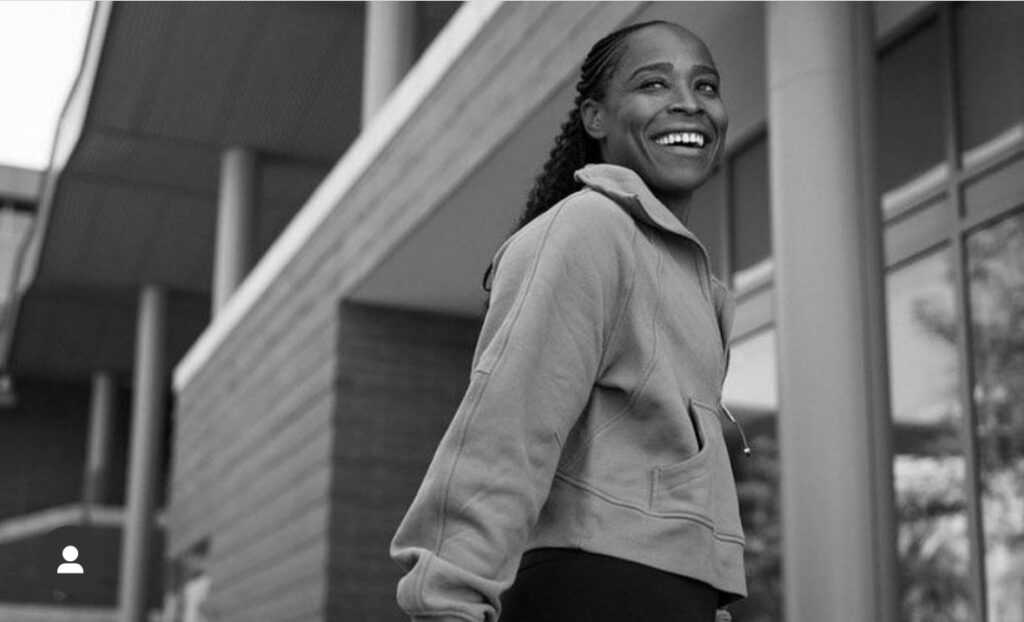
I’ve found that in this industry most successful people don’t look, sound and/or act like me. Since my early childhood, I have always been in spaces where I am the only ME in the room. So being an African American female in the fitness space was a summit I wasn’t afraid to climb. Instead of letting this reality hinder me, I’ve embraced it by showcasing my unique gifts of inclusive community building with an authentic passion for the wellness of the people I serve. I am not trying to fit a mold, or even create a new one; I want to be who I am genuinely and hope others receive. Read more>>
Kiyonna Cain

Navigating spaces where you might be the only one who looks like you can sometimes be challenging, but I think of it as an opportunity for personal and professional growth. I’ve learned it’s best to show up as the most authentic version of yourself. I leverage my background, perspectives, knowledge, and insights to help me stand out positively. I believe that being the only one in the room puts me in a position to drive change, and to impact the viewpoints of others. I welcome opportunities to be a representation of people that look like me. Read more>>
Elizabeth Stephens

Being the “only one” in the room—a feeling that has been a constant companion throughout my life. As a bi-cultural child navigating the complexities of two worlds, I often felt like an outsider, longing for a place to truly belong. That sense of “otherness” followed me to school, where I was frequently the only Black girl, and even into my military career, where I was often the sole woman, the lone Black individual, or simply the one who didn’t quite fit the mold. Read more>>
Elle Yeon

Having immigrated from Seoul, Korean to a small town in New Hampshire as a toddler in the eighties, I grew up almost exclusively in rooms that didn’t have anyone that looked like me, but I have overcome being the small, shy, and silent girl who was always hesitant to take up space. Art was one subject that I truly felt confident in, as I had a preternatural ability to take what I saw before me and use different media to create something beautiful. Read more>>
Dr. Dayanara ( Day) Thompson, Dc
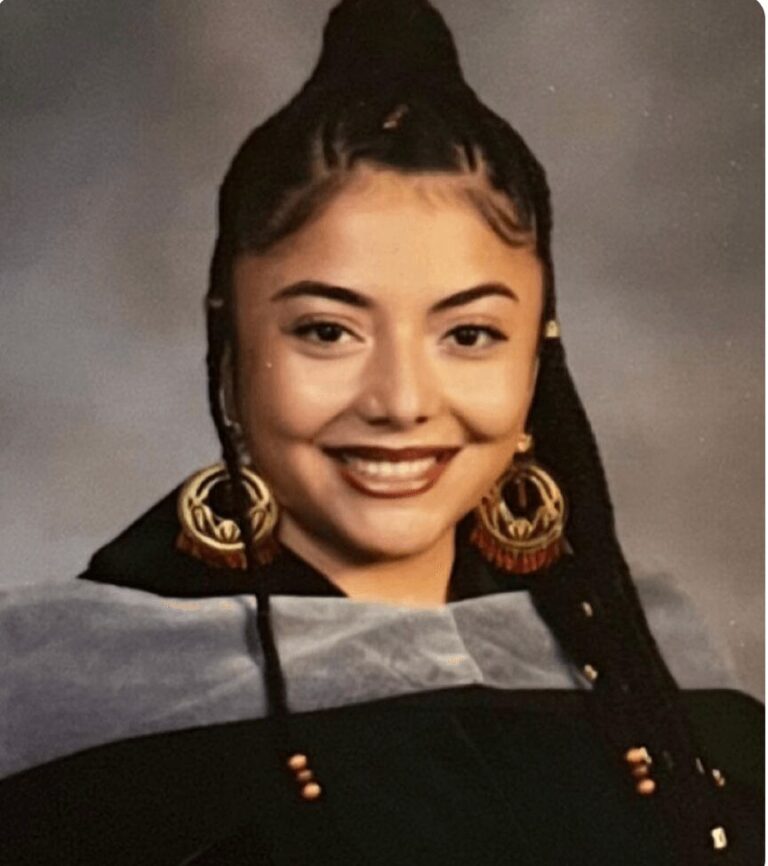
This is a powerful reflection on authenticity, growth, and overcoming bias. Here’s a revised version of your narrative that tightens the flow and highlights your key points: I’ve learned that being effective and successful, even when I’m the only one in the room who looks like me, comes down to staying true to myself. I don’t change based on who I’m around or my circumstances. People value authenticity, and I make sure to embody that in everything I do. I also have a love for learning and growth, which means I approach these situations as opportunities to either educate someone or be educated by them. Read more>>
Natalie Poindexter
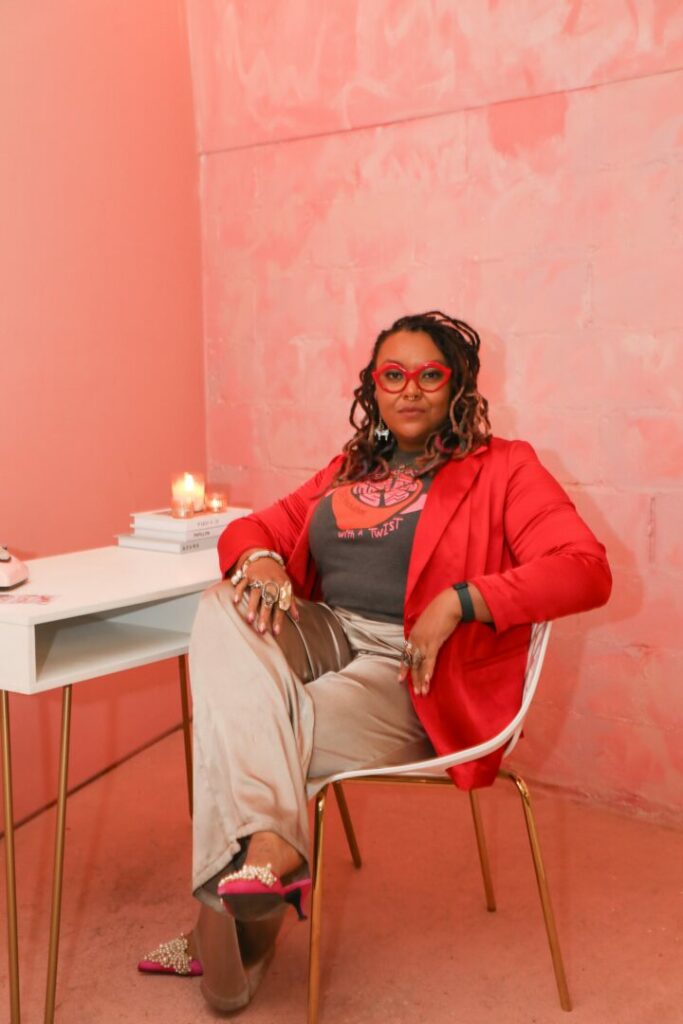
When I initially saw this question I had to take a moment to decide how I wanted to answer this question. As a Black woman who is a business owner in a male-dominated industry and career, it is often that I am the only one in the room. I had to learn to become effective and successful by achieving a few things. The first was showing up as my authentic self and leading as a person that I am proud to be but also comfortable presenting to anyone I meet. Secondly, being transparent and speaking my truth, which also means taking the time to educate myself and address barriers and disparities from a holistic level of support. Read more>>
Kimone Napier

Being the only one in the room, especially as a Black woman in recruitment and business, I’ve learned to leverage my unique perspective and experiences as a source of strength rather than a limitation. It starts with self-confidence and understanding the value I bring. My journey in entrepreneurship, working with diverse founders and startups, and navigating career transitions has taught me the importance of authenticity and resilience. I focus on building relationships, listening deeply to clients’ needs, and delivering results that go above and beyond. Read more>>
Baxter Suber

I have learned to be true to myself, be as authentic as possible and to not to try to be something that I’m not. Let’s be honest I’m a tall minority man covered in tattoos from my neck to my fingers and to top it off I’m a graffiti artist. I have learned in life that we often get judged by how we appear on the outside and have to rely on being articulate, professional and have to be able to carry a conversation to break the ice. So, I have learned to adapt and have learned how to carry myself in order to overpower the stereotypes that occur in todays society. Read more>>
Maya Dottin
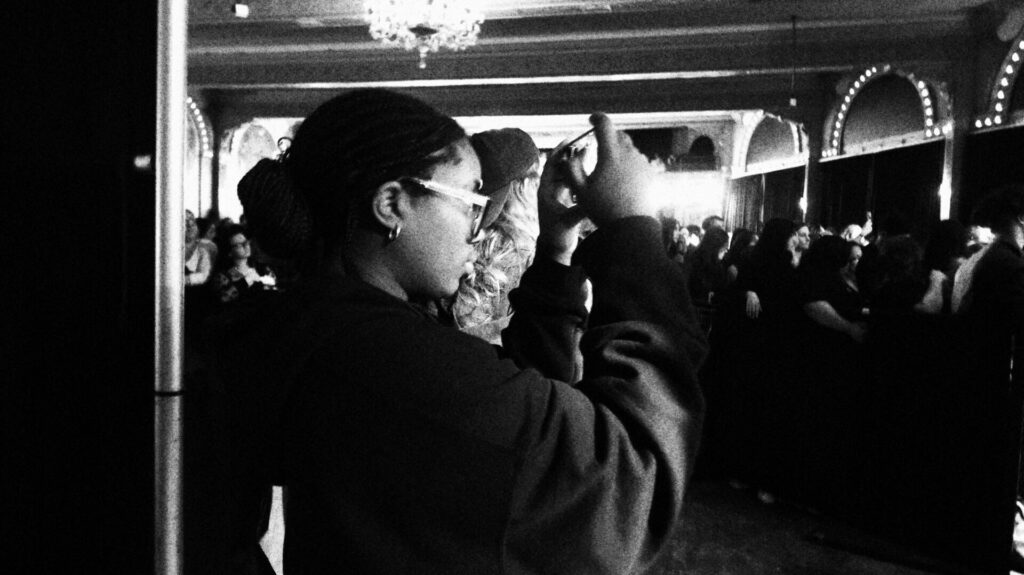
When I decided I wanted a career in the music industry, there were a few factors about my specific career path that I immediately knew I would have to work harder at to succeed in this business as well as some factors I didn’t think were relevant until I started touring. Read more>>
Amy B Scher

Being the only one in many rooms without a college degree, I’ve learned to lean on my own experiences versus my education. I never liked school and never did particularly well. Then, in my early 20s, I was struck with a chronic debilitating illness. College just wasn’t something that felt in the stars for me. And I was okay with that. But as I re-emerged from illness in my early 30s and began my publishing career, I felt out of place with those around me. Most writers I knew had a college education; many had MFAs. Read more>>
Leo Freir

Every person brings their unique qualities and challenges to the picture. What I found has worked for me is setting a standard of excellence from the first time I work with new people. This largely falls on the example of doing my preparation before beginning a new project. As a musician, I make sure I take careful notes about the songs I was asked to learn, that I study the artist I’m working with, and give them the respect they deserve for their initiative to put together a project. Read more>>
Korrect

I feel like it is important to always be unapologetically yourself. In situations in which I am clearly the minority, I try my best to be fully aware of the dynamics of whatever room that I may be in and from there I apply myself in a solution-oriented fashion. I’ve come to find that you can be extremely effective while saying little as long as your actions lead to progress. Read more>>
Marjorie Silva

Being the only one in the room:
As a Black woman from Brazil living in the United States, I’ve often been the only person in the room who looks like me or shares my background. This has helped me become stronger and more comfortable with being different. Read more>>
Vanessa Moon

For me, I have almost never been in a room of like-minded, or with a group of the same demographic. I have always been the only Person of color in the room, give. I was in advanced placement classes in grade school, having grown up in Delaware. I was always someone’s “first-time.” The first person of Caribbean descent that someone’s ever met. The only one with my natural hair out, the only black female Opera Singer in the class. At some point, you have a realization that you are never going to “fit in” unless you change and that no amount of changing can alter who you really are, and then you discover purpose. Read more>>
Melanie Nelson & Anita Goodson

In the male-dominated alcohol beverage industry, being women has driven Anita and me to redefine leadership and innovation. From the start, we understood that our perspective wasn’t just different—it was essential. Our passion for cocktails and commitment to a healthy, active lifestyle inspired us to create something truly unique with Spirited Brands. Read more>>
Davonti’ Haynes

Most of my academic and professional career has resulted in me being one of a few or the only Black man in the room. From pursing a master degree in social work to pursing a PhD in agriculture, being a Black man in these spaces has required a deep level of perseverance and sense of self-awareness. Now, as a young Black social work professor those traits are still just as critical. I have encountered instances of feeling isolated, dismissed, and out of place. Read more>>











